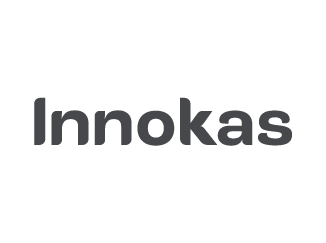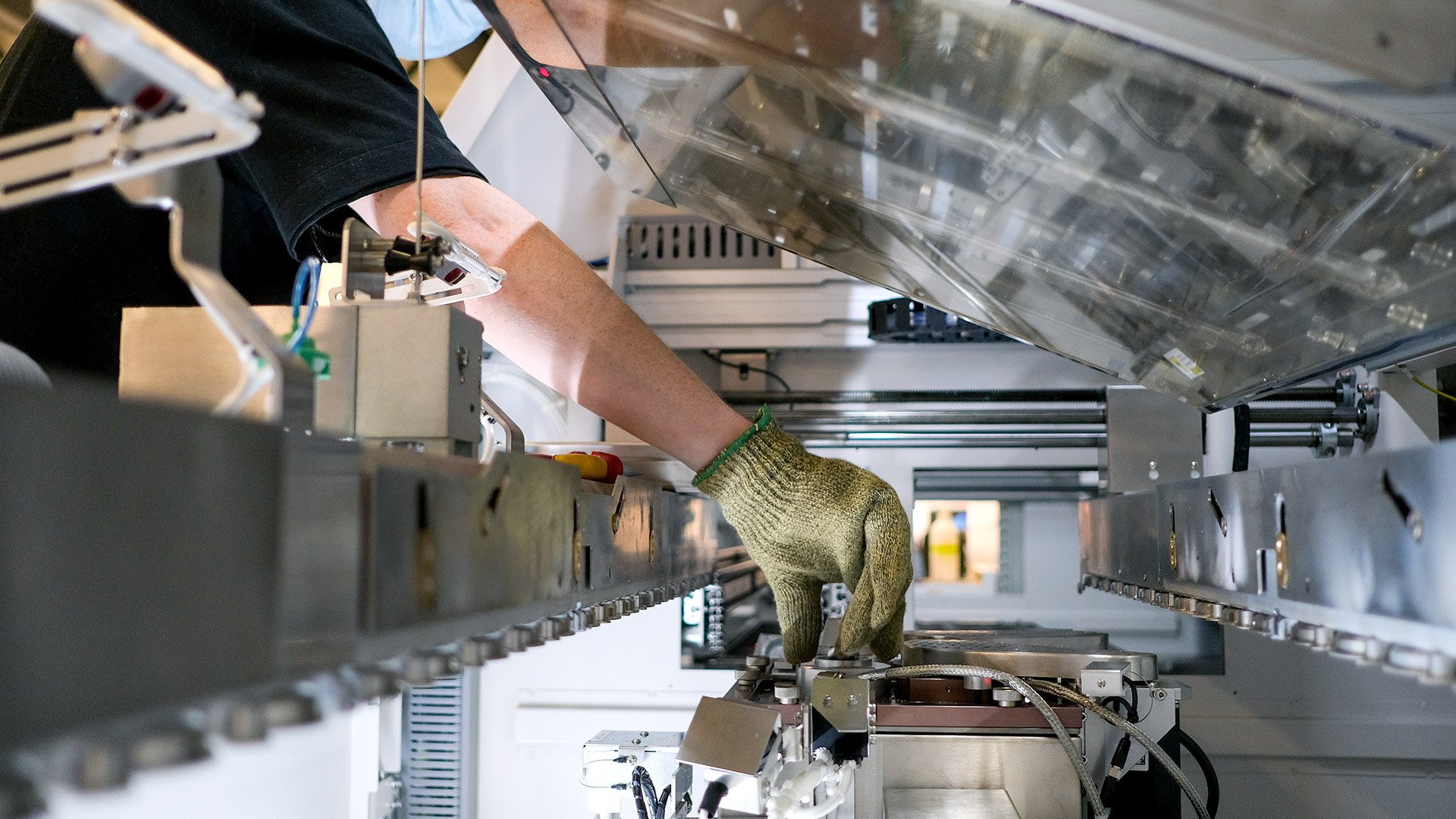The FDA conducted two inspections at Innokas Medical a few months apart. Both the inspector and Innokas Medical are satisfied with the results. Our processes are well planned and implemented in practice.
The FDA, i.e. the Food and Drug Administration, is the authority responsible for monitoring food, medication, and medical devices in the USA. The purpose of its operation is to ensure the safety of people using these products.
Among medical device manufacturers the FDA is a body that some even fear because its official requirements are so strict. Nevertheless, these requirements must be met if a company intends to market medical devices in the USA.
The FDA conducted two inspections at Innokas Medical within a short period. Last summer the agency’s representative arrived to inspect the manufacturing quality of a certain Finnish product on sale in the USA. Because the device is manufactured by Innokas Medical, the FDA inspected both the product marketer and Innokas Medical’s manufacturing process.
In September the FDA conducted a general inspection at Innokas Medical during which it evaluated the overall quality of Innokas Medical’s operation as a company that manufactures products for the US market.
“The FDA conducts these general inspections of European companies approximately every four years. Inspections related to individual products may be conducted at any time,” quality manager Tiina Kotipalo explains.
A foundation of years of quality work
“An FDA inspection is thorough and objective. It does not have to be feared if things have been done correctly and work is well done,” says documentation and system engineer Auli Säynäjäkangas, a product data management specialist at Innokas Medical.
The inspection itself is a time-consuming operation that requires good preparation. According to Säynäjäkangas, things had to have been done correctly already in the first place. They cannot be suddenly put into shape for an inspection.
“Innokas Medical has done systematic work for years, becoming familiar with the FDA’s requirements and making sure the company’s operations meet them,” Säynäjäkangas says.
The inspector also acknowledged this. The final statement indicated that Innokas Medical’s processes are created well and they take into account the FDA’s requirements. According to the inspector the processes are also implemented well in practice.
“Minor flaws were recorded. A plan for fixing them has been sent to the FDA and corrective actions have already been started,” says Säynäjäkangas.
Management’s quality control is important
Tiina Veteläinen gives credit to the FDA inspectors. They are not necessarily familiar with the details of the product or company being inspected but they are experts in evaluating quality and processes. They know what to look for and what to ask.
“An FDA inspection requires much careful input also from the company being inspected. We had sent documents to the FDA beforehand and during the general inspection we presented our processes and operating methods for four days. Naturally, during the product inspection we went over matters related to the product in detail,” Kotipalo says.
According to her the FDA pay particular attention to the management’s quality control. How has it organized internal audits? How are errors avoided? How are corrective actions carried out if errors appear?
In principle, if everything is not up to par as a whole, an inspector could immediately deny permission to market a product in the USA on the basis of an inspection. This happens quite rarely. Usually, if a few flaws are noticed the company being inspected is simply required to fix them. The FDA also monitors implementation of the plan for fixing the flaws.










